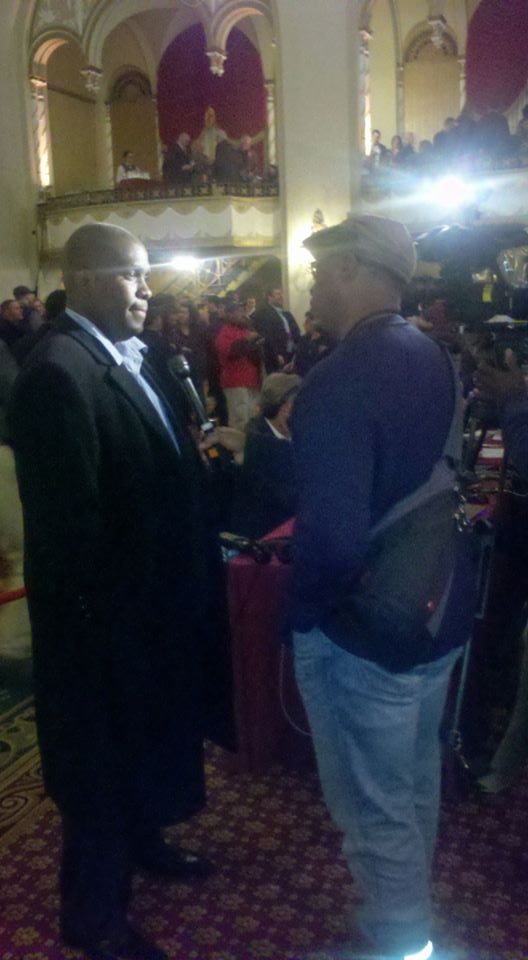
The move reflects the fraught decisions facing governments in Europe over how to spread the pain from a surge in natural-gas and electricity prices. Regulated utilities are seen as low-risk bets for investors but Friday’s 15% drop in EDF’s shares was among the biggest for the French firm since it listed in Paris in 2005, according to FactSet data.
More than 80% of EDF’s shares are owned by the French government, limiting the fallout for international investors.
Economy Minister Bruno Le Maire said in an interview published by Le Parisien newspaper Thursday that the government had reached an agreement with EDF that would ensure electricity prices increase by no more than 4% in 2022. Without the measures, he said, they would have shot up more than 35% on Feb. 1.
EDF said the moves could wipe €7.7 billion, equivalent to $8.82 billion, off its earnings this year. The precise effect will depend on market power prices, it said. EDF withdrew its debt and profit forecasts for 2022, and said it would consider steps to strengthen its balance sheet.
Mr. Le Maire said the government also would lower the main tax on electricity, reducing tax receipts by €8 billion.
Energy prices began to shoot up in Europe in early fall due to a shortage of natural gas. Governments in Spain, Italy and elsewhere have sought to cushion the blow on consumers and business with subsidies, tax reductions and support for poorer households. In the U.K., lawmakers have pressed Prime Minister Boris Johnson to act before an anticipated 57% rise in consumer prices set by energy regulators in April.
For the French government, the political pressure is particularly acute in the runup to April’s presidential election. Polls suggest Emmanuel Macron, the incumbent, faces a stiff challenge from Valérie Pécresse, the candidate for the conservative Les Republicains party.
Energy costs have been a political minefield during Mr. Macron’s presidency. A plan to raise taxes on gasoline and diesel sparked the anti-establishment yellow vests movement in 2018, which threatened much of his agenda. Mr. Macron canceled the increase, which aimed to tax the carbon content of fuel.
Starting in December, the government sent a bonus of €100, or $115, to around 38 million French people to offset surging prices for items including fuel and food.
France generates more than 80% of its electricity from nuclear power, partially shielding the country from the power-price jump that hit Europe in the second half of 2021. But French electricity prices are still strongly influenced by the price of gas, which fuels power plants that fire up or shut down depending on swings in demand.
Connections to the U.K., Germany, Spain and elsewhere also can lead high power prices in other parts of the region to seep into the French market. Shutdowns of several French nuclear reactors have exacerbated the problem.
European gas prices were volatile Friday after Russian officials said talks with the U.S. over the security situation in Ukraine had stalled, rising more than 6% before ending the day 2.3% lower. The deployment of Russian troops on the border has raised concerns that gas transit through Ukraine to western Europe could face interruptions.
The crux of the French plan is for EDF to sell an additional 20 terawatt-hours of electricity at reduced prices to its competitors, on top of 100 terawatt-hours it already had agreed to deliver to them under a mechanism known as ARENH. These reduced prices would automatically pass onto households and businesses, Mr. Le Maire said.
The trouble for EDF, analysts said, is that it has sold forward most of the power it expects to generate this year. As a result, it will have to buy power at high market prices to sell to rival suppliers at a lower, government-mandated price of €46.20 a megawatt-hour.
For the company, the timing of the government’s measures was unfortunate. Also Thursday, EDF said defects at several nuclear reactors would cut forecast nuclear-power output by almost 10% this year.
Meike Becker, a utilities analyst at Bernstein, said outages at the Civaux, Chooz and Penly stations, combined with the government policies to reduce consumer electricity prices, could knock €15 billion euros off EDF’s earnings this year.
It isn’t the first time EDF has struggled during the price surge. The utility’s trading unit was reported by Le Figaro to have lost €400 million on a wrongway bet on power prices in the fall.
Asked about the report on a call with analysts in November, EDF executives said a limited number of trading books had suffered as a result of market turbulence.
Write to Joe Wallace at [email protected] and Matthew Dalton at [email protected]
Copyright ©2022 Dow Jones & Company, Inc. All Rights Reserved. 87990cbe856818d5eddac44c7b1cdeb8








